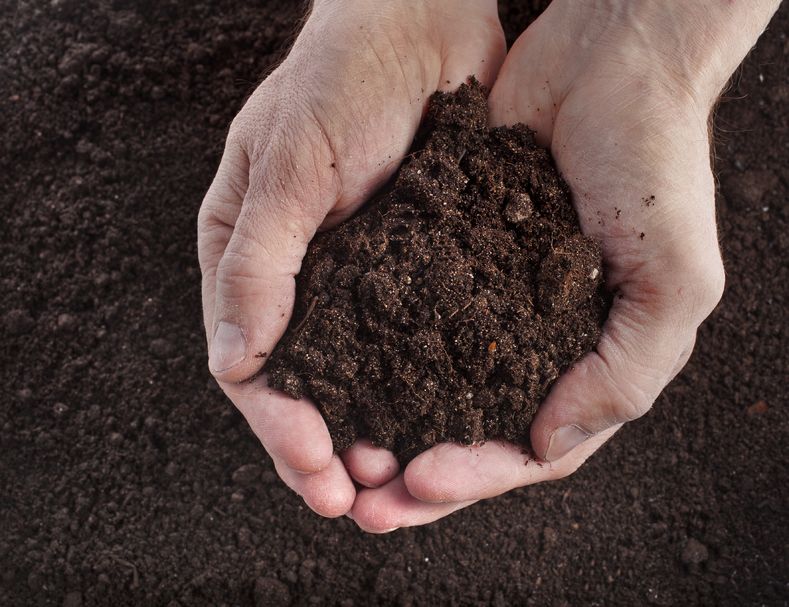
Intensive agriculture has caused arable soils to lose about 40 to 60% of their organic carbon, according to a new report by the Environment Agency.
The state of the environment report for soil, released on Tuesday 4 June, highlights the importance of soil.
It looks at the latest available evidence and the need for further monitoring and research.
The report says soil biodiversity and the biological processes that it supports are 'thought to be under threat'.
For example, in England and Wales, almost 4 million hectares of soil are at risk of compaction and over 2 million hectares of soil are at risk of erosion.
It highlights how soil degradation was calculated in 2010 to cost £1.2 billion every year.
'Serious threats to soil health'
The report goes on to say that compaction and the loss of organic carbon are 'serious threats' to soil health, which affects agricultural production and resilience to climate change.
UK soils currently store about 10 billion tonnes of carbon, which is roughly equal to 80 years of annual UK greenhouse gas emissions.
Wasting food and growing crops for bioenergy are putting additional pressure on soils, the EA states.
It blames past governments for 'overlooking' environment policy in recent decades.
However, the government’s 25 Year Environment Plan states that England’s soils must be managed sustainably by 2030 and steps must be taken towards restoring the UK’s soils.
